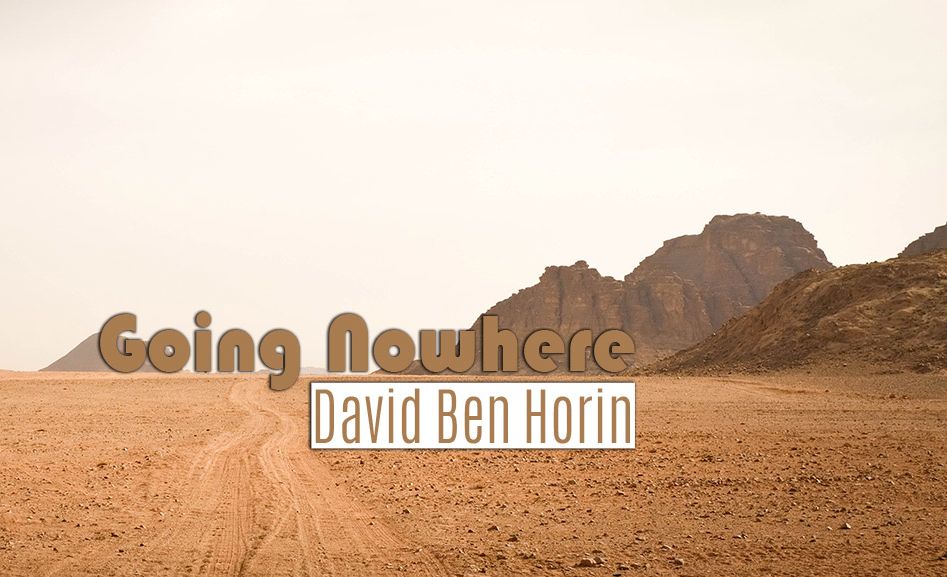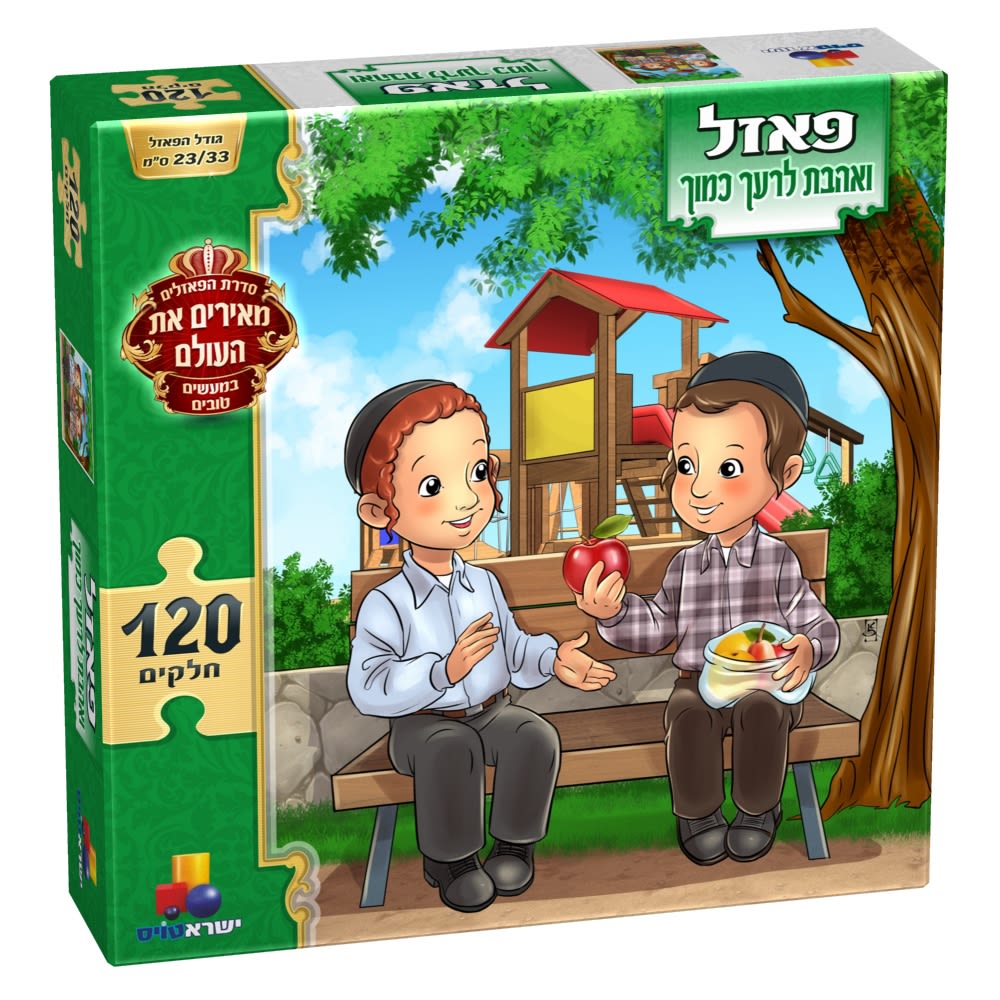
Azamra! The Good Points
One of Rebbe Nachman’s most important teachings - Azamra - is judging others fairly and searching for their good points. Read this beautiful story of how Azamra carried on even after death...

One of Rebbe Nachman’s most important teachings is nicknamed “Azamra,” which appears in Likutei Moharan, Section I, Torah 282. There, Rebbe Nachman teaches that when we judge others fairly and search for their good points, we actually help them to be better people.
On one of the kibbutzim in the Upper Galilee, there was a teacher who was an avid reader of Rebbe Nachman’s writings. He decided to put “Azamra” to work in his 11th grade Civics class. One late spring morning, he asked his students to list the names of the other students in the room on two sheets of paper, leaving a space between each name. Afterwards, he told them to think of the very best thing they could say about each person, and then write it down alongside his or her name.
It took the entire duration of the class period to complete the assignment. Shaking their hands from writing cramp, the students turned in the papers to the teacher and left the room. Over the weekend, the teacher wrote down the name of each student on a separate sheet of paper, and listed what everyone else had written about that individual.
During the following week, he gave each student his or her respective list. Before long, the entire class was beaming with joy. Some had tears glistening in their eyes. “Really?” the teacher heard whispering. “I never knew that I meant anything to anybody!” and, “I didn’t know others liked me so much.” Or, “I would have never dreamed that anyone admires me…”
No one ever mentioned those papers in class again. The teacher never knew if they discussed them after class or with their parents, but it didn’t matter. The exercise had accomplished its purpose. The students were happy with themselves and with each another. The class became a cohesive social unit with a remarkable measure of cooperation. A year later, after the 12th grade, the twelve boys and the ten girls of the class all began their military service in the IDF (Israeli Defense Forces).
Several years later, one of the students was killed in Lebanon. The teacher, the members of the kibbutz, and many of the fallen soldier’s comrades attended the funeral. Several hundred people stood around the fresh grave site as the young man’s teary-eyed father said Kaddish. After the eulogies, when people dispersed, the teacher was the last person to leave the grave site.
As he stood there, one of the soldiers who acted as pallbearer came up to him. “Were you Yigal’s Civics teacher?” he asked. The teacher nodded: “Yes.” Then soldier then said, “Yigal spoke a lot about you.”
After the funeral, most of Yigal’s former classmates ate lunch together in the kibbutz dining hall. Yigal’s uncle and cousin were there, looking for the teacher.
“We want to show you something,” his uncle said, taking a wallet out of his pocket. “They found this on Yigal when he was killed. We thought you might recognize it.”
Opening the billfold, he carefully removed two frayed and yellowed sheets of notebook paper that had been folded tightly and inserted into a miniature Book of Psalms that Yigal carried in one of his ammo pouches. The teacher immediately recognized that the papers were the ones on which he had listed all the good things each of Yigal’s classmates had said about him.
“Thank you so much for doing that,” Yigal’s uncle said. “As you can see, Yigal treasured it.”
All of Yigal’s former classmates started to gather around. Chaim smiled rather sheepishly and said, “I still have my list. It’s in the top drawer of my desk at home.”
Reuven’s wife said, “Reuven asked me to put his in our family album.”
“I have mine too,” Yochai said. “It’s right next to my driver’s license in my wallet.”
Varda, another classmate, reached into her purse, took out her wallet, and showed her worn and frazzled list to the group. “I carry this with me at all times,” and without batting an eyelash, she added: “I think we all saved our lists.”
That’s when the teacher finally sat down and cried. He mourned for Yigal and for all his friends who would never see him again.
The insensitivity of people in modern society is so thick that they forget that life will end one day. And no one knows when that one day will be.
So please, don’t wait until tomorrow; starting right now, put Rebbe Nachman’s teachings to work for you too. Tell the people close to you just how much you really love and care for them. Look for their good points, and don’t comment or criticize, not even in what you think is a constructive manner. It’s our privilege here at Breslev Israel to share Rebbe Nachman with the world. Stick with us, and take your rightful share. Blessings always, Lazer Brody.
Listen to Rabbi Brody’s video “Learning to Love Yourself”, a lesson of Azamra:







Tell us what you think!
Thank you for your comment!
It will be published after approval by the Editor.